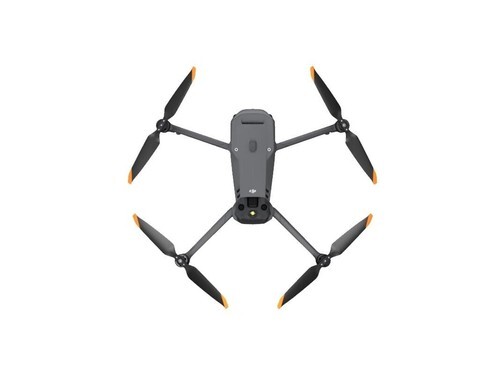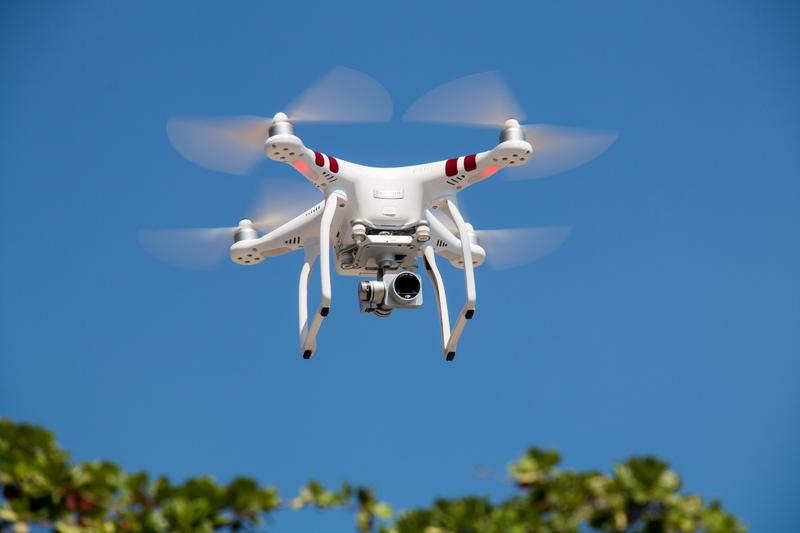In recent years, the demand for drones has surged, revolutionizing industries and creating countless opportunities for professionals and hobbyists alike. To truly master your aerial skills and expand your career potential, obtaining a comprehensive drone certification is essential. This certification not only enhances your skills but also opens doors to lucrative job prospects and ensures compliance with aviation regulations.
The journey to becoming certified involves understanding the fundamental principles of drone operation, mastering the technical specifications of unmanned aerial vehicles (UAVs), and delving into the intricacies of aviation laws. Many training programs offer tailored courses that cater to both beginners and seasoned pilots, providing a solid foundation and in-depth knowledge.
Why Pursue Drone Certification?
The benefits of acquiring drone certification are manifold. Firstly, it provides an official acknowledgment of your skills, which is invaluable in gaining the trust of clients and employers. Certified drone pilots are preferred over non-certified ones because they are perceived as more competent and reliable. Additionally, certification courses cover crucial aspects such as flight planning, navigation, meteorology, and emergency procedures, ensuring that you are equipped to handle various scenarios safely.
Enhanced Career Opportunities
Having a drone certification significantly boosts your career prospects. Industries like agriculture, construction, film production, and security have embraced drone technology to improve efficiency and accuracy. Certified professionals are in demand for roles that require precision and knowledge of FAA regulations. Moreover, drone certification allows you to explore entrepreneurial ventures, like offering surveying or aerial photography services.
Key Components of Drone Certification
Drone certification typically includes theoretical knowledge and practical training. The theoretical part introduces you to the basic functions and components of drones, the principles of flight, and the regulatory framework governing UAV operations. The practical training involves hands-on experience where you learn to pilot drones in different conditions, ensuring you become confident in both manual and automated flight controls.
Meteorology is a significant aspect of drone operation, with weather conditions greatly affecting flight performance. Certification programs often teach how to interpret weather data to make informed decisions during flight, minimizing risks while optimizing performance.

Advanced Training Modules
Beyond basic training, advanced modules are available to further hone your skills. These could include learning to navigate complex terrains, understanding advanced sensors and camera technologies, or mastering data analysis for industries like agriculture or infrastructure inspection. By engaging with these modules, you can tailor your skills to specific industry needs, thereby enhancing your marketability.
Understanding FAA Regulations and Compliance
Compliance with FAA (or relevant local aviation authorities) is imperative for drone operators. Certification courses often cover the legal aspects of flying drones, ensuring your operations are within legal boundaries. By adhering to these regulations, you mitigate risks, avoid penalties, and maintain a professional standard.
The Role of Simulation in Training
Simulation-based training is increasingly integrated into drone certification programs. This technology allows trainees to experience real-life flight scenarios in a controlled environment, providing exposure to various situations without physical risk. Simulations cover emergency maneuvers, adverse weather conditions, and technical failures, offering a comprehensive learning experience.
Utilizing simulation technology ensures that once piloting an actual drone, operators are well-prepared to manage unexpected challenges expertly.
Networking Opportunities
Certification courses also serve as networking platforms where you can meet fellow enthusiasts and industry experts. Building connections can lead to collaborations and partnerships, enriching your experience and opening doors to new possibilities.
Overall, drone certification is more than just a credential; it is a gateway to mastering your aerial skills and succeeding in a dynamic field filled with evolving technology. Committing to earning your certification can propel your career forward and enable you to explore diverse avenues where UAVs play a critical role.
FAQs
Q: What costs are associated with drone certification?
A: The costs can vary significantly depending on the depth and range of the certification program. Basic courses tend to be more affordable, while specialized courses may require a larger investment.
Q: Do I need prior experience before enrolling in a certification program?
A: Most certification programs cater to all skill levels, including beginners. No prior experience is necessary, although familiarity with basic drone operations can be advantageous.
Q: How long does it take to get certified?
A: The duration of certification programs can range from a few weeks to several months depending on the course structure and personal learning pace.